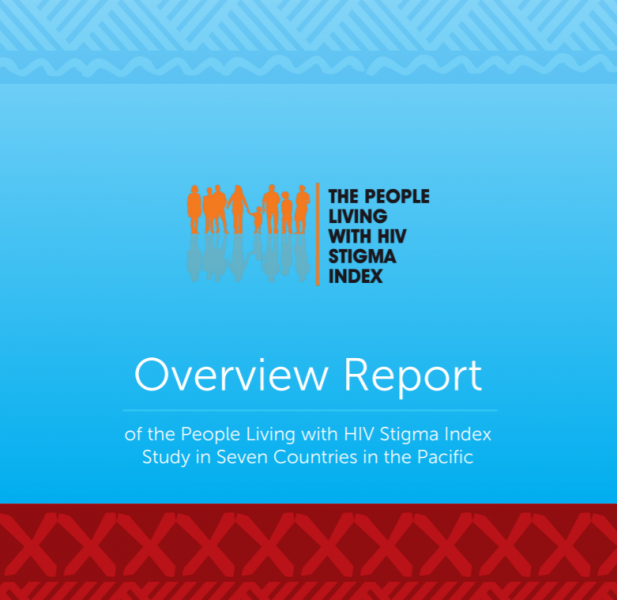“I am not ready to share my status or disclose myself to the public. I am afraid of being isolated, stigmatized and discriminated against. For me, it’s good for only me to know my status, rather than disclose it to other people,” said Mara John (not her real name), who comes from a Pacific island and is living with HIV. Similar stories of isolation, self-stigma, poverty and lack of human rights can be heard from many people living with HIV in small island developing states (SIDS).
On 27 September, United Nations Member States meet for a high-level review on SIDS at the United Nations General Assembly in New York, United States of America. In his report published ahead of the summit, the United Nations Secretary-General highlights that SIDS, particularly Caribbean SIDS, continue to be challenged with “high levels of youth unemployment, poverty, teenage pregnancy, and high risk for HIV infection.”
A group of 38 countries, including islands in the Pacific, the Caribbean and elsewhere, the SIDS have been provided with dedicated support owing to the specific constraints they face―for example, the size of their territory, remoteness or exposure to climate change―as a result of the United Nations Conference on Sustainable Development, also known as Rio+20, held in June 2012. In 2014, the SIDS Accelerated Modalities of Action Pathway was adopted by United Nations Member States to outline actions for sustainable development in the SIDS, including a commitment to achieving universal access to HIV prevention, treatment, care and support and to eliminating mother-to-child transmission of HIV.
While the SIDS have seen progress, there are wide differences between, for example, Cuba, the first country globally to be certified as having eliminated mother-to-child transmission of HIV, in 2015, and Mauritius, where 30% of people who inject drugs are reported to be living with HIV.
“The Sustainable Development Goals highlight the importance of leaving no one behind. This is particularly meaningful for people living with HIV in small island developing states, who face isolation, stigma and discrimination and inequalities. We need to do more to ensure that they receive the services they need,” said Gunilla Carlsson, UNAIDS Executive Director, a.i.
Generally in small islands, key populations, including gay men and other men who have sex with men, transgender people, sex workers and people who inject drugs, bear a disproportionately high burden of HIV. In some SIDS, however, HIV also significantly impacts the general population―while key populations and their sexual partners accounted for 47% of new HIV infections in the Caribbean in 2018, more than half of all new HIV infections were among the general population. Stigma and discrimination by health-care workers is still a major challenge in the Pacific. For example, 60% of female sex workers surveyed in Fiji reported avoiding HIV testing owing to fear of stigma from health-care providers, as did more than 30% of gay men and other men who have sex with men.
Another aspect that SIDS have in common is the strength of communities of people living with HIV and the presence of exceptional political will, often at the highest levels. Ratu Epeli Nailatikau, the former President of Fiji and current Speaker of the Fiji Parliament, has been speaking out against stigma and discrimination for many years.
Networks of people living with HIV and of key populations are at the centre of the movement to end AIDS in the SIDS. In the Pacific, people living with HIV came together to publish a report in 2018 describing their situation in their own words. Similarly the Mauritius Network of People Living with HIV has provided vocal leadership to the response and clearly outlines the challenges of the community in its 2018 People Living With HIV Stigma Index report. In the Caribbean, the late activist and academic Robert Carr is credited for helping to shape global thought around the importance of addressing the human rights of vulnerable and marginalized communities as part of the AIDS response. In 2005, he helped to establish the Caribbean Vulnerable Communities Coalition, which works on behalf of the groups most often left behind.
UNAIDS is working to support SIDS through its team for the Caribbean, based in Jamaica, for the Pacific islands from its Fiji office and for the Indian Ocean islands from the UNAIDS office in the Seychelles. Priority is given to SIDS with a higher prevalence of HIV, through programmes targeting the most vulnerable populations.




